With delicious, firm meat quality and environmentally friendly farming methods, Yen The hill chicken is not only the pride of local people but also a symbol of innovation in Vietnam's agricultural sector. The name Yen The hill chicken started from the spontaneous farming movement in 2006, when people took advantage of the mountainous terrain and large longan and lychee orchards of Yen The district to raise chickens.
With the support of local authorities and specialized agencies, the hill chicken farming model has developed and become a key economic sector of the district. In 2011, Yen The hill chicken was granted a certificate of exclusive trademark protection by the Intellectual Property Office, marking an important turning point in building a national brand.
According to statistics, up to now, Yen The has maintained a total herd of about four million chickens with more than 3,000 breeding facilities, providing 12-14 million commercial chickens and more than 10 million eggs each year. Revenue from the chicken farming industry is about 1,600 billion VND. Yen The hill chickens are strongly consumed in Hanoi (accounting for about 56% of output), northern provinces and appear in many large supermarkets such as Go, Winmart, Metro... Processed chicken products such as ham, sausage, chicken patties also have 4-star OCOP certification, expanding the market to clean food chains.
The method of free-range farming on hills combined with natural foods such as insects, grass, corn and rice helps Yen The hill chickens have firm, chewy meat with a characteristic sweet taste. The farming process complies with VietGAP standards, ensuring food hygiene and safety. In addition to economic value, this model also contributes to protecting the ecological environment, in which chicken manure is used as organic fertilizer, limiting soil erosion and protecting the forest ecosystem.
Trade promotion events such as the Yen The hill chicken festival in 2024 have contributed to promoting the brand, attracting tourists, and creating opportunities to connect with distribution businesses. Typically, the most beautiful pair of chickens at this festival was auctioned for 150 million VND, showing the cultural and economic value of the Yen The hill chicken brand.
Despite many achievements, the Yen The hill chicken farming industry still faces many challenges. Some households raise chickens for a short period of time (about 3 months) to optimize costs, leading to poor quality chicken meat, reducing brand reputation, especially when compared to cheap imported products. On the other hand, the chicken consumption market is currently unstable, with chicken prices fluctuating sharply from 40,000 to 75,000 VND/kg, making it difficult for farmers to restore their flocks.
While chicken products are mainly sold as whole chickens in traditional markets, the proportion of processed chickens in supermarkets is still low, limiting competitiveness. There are no centralized collection and transit points, causing difficulties in management and distribution; the connection between breeders, cooperatives, and businesses is not tight, leading to unsustainable production and consumption; livestock farming models are mainly household-based, lacking large scale and synchronization...
The above disadvantages make the Yen The hill chicken brand, although protected in Laos, China, and Singapore, still not meet the strict standards to enter demanding markets such as Japan or the EU - which require strict production processes and clear traceability.
To overcome the challenges and develop Yen The hill chicken sustainably, authorities at all levels, breeders and businesses need to implement synchronous solutions, focusing on product quality and market expansion. In particular, it is necessary to apply VietGAP standards, biosafety breeding processes for all breeding households, ensuring clear traceability of origin. At the same time, strengthen the building of close links between the "four houses": breeders, cooperatives, enterprises and the state. For example, Yen The Green Agriculture Cooperative has applied traceability stamps, helping to create consumer trust, acting as an intermediary, committing to purchasing products at stable prices, helping people feel secure in re-herding.
Developing Yen The hill chicken is a testament to the use of local advantages in sustainable agricultural development. With the support of the government, the application of science and technology and the consensus of the people, Yen The hill chicken not only maintains its position as a national specialty but also has the potential to reach the international market, bringing higher economic value and contributing to the conservation of natural resources of Bac Giang land.
Source: https://nhandan.vn/tim-giai-phap-phat-trien-ga-doi-yen-the-post878623.html



![[Photo] General Secretary To Lam concludes visit to Russia, departs for Belarus](https://vphoto.vietnam.vn/thumb/1200x675/vietnam/resource/IMAGE/2025/5/11/0acf1081a95e4b1d9886c67fdafd95ed)
![[Photo] General Secretary To Lam arrives in Minsk, begins state visit to Belarus](https://vphoto.vietnam.vn/thumb/1200x675/vietnam/resource/IMAGE/2025/5/11/76602f587468437f8b5b7104495f444d)

![[Photo] General Secretary To Lam meets and expresses gratitude to Vietnam's Belarusian friends](https://vphoto.vietnam.vn/thumb/1200x675/vietnam/resource/IMAGE/2025/5/11/c515ee2054c54a87aa8a7cb520f2fa6e)


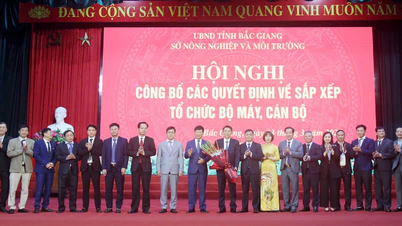
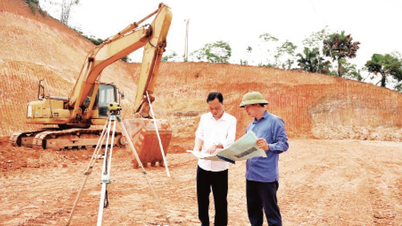
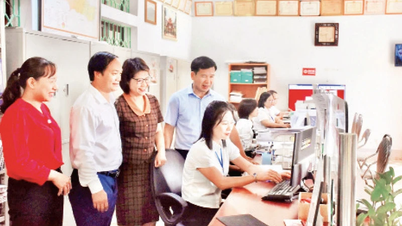
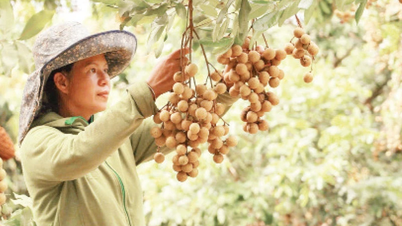
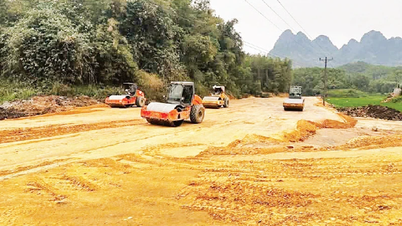




![[Photo] General Secretary To Lam meets and expresses gratitude to Vietnam's Belarusian friends](https://vphoto.vietnam.vn/thumb/402x226/vietnam/resource/IMAGE/2025/5/11/c515ee2054c54a87aa8a7cb520f2fa6e)

![[Photo] General Secretary To Lam arrives in Minsk, begins state visit to Belarus](https://vphoto.vietnam.vn/thumb/402x226/vietnam/resource/IMAGE/2025/5/11/76602f587468437f8b5b7104495f444d)

![[Photo] General Secretary To Lam concludes visit to Russia, departs for Belarus](https://vphoto.vietnam.vn/thumb/402x226/vietnam/resource/IMAGE/2025/5/11/0acf1081a95e4b1d9886c67fdafd95ed)

![[Photo] National Assembly Chairman Tran Thanh Man attends the Party Congress of the Committee for Culture and Social Affairs](https://vphoto.vietnam.vn/thumb/1200x675/vietnam/resource/IMAGE/2025/5/11/f5ed02beb9404bca998a08b34ef255a6)

















































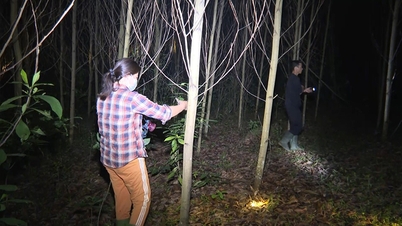



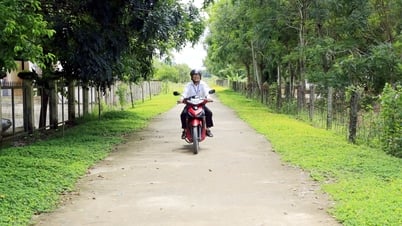









Comment (0)